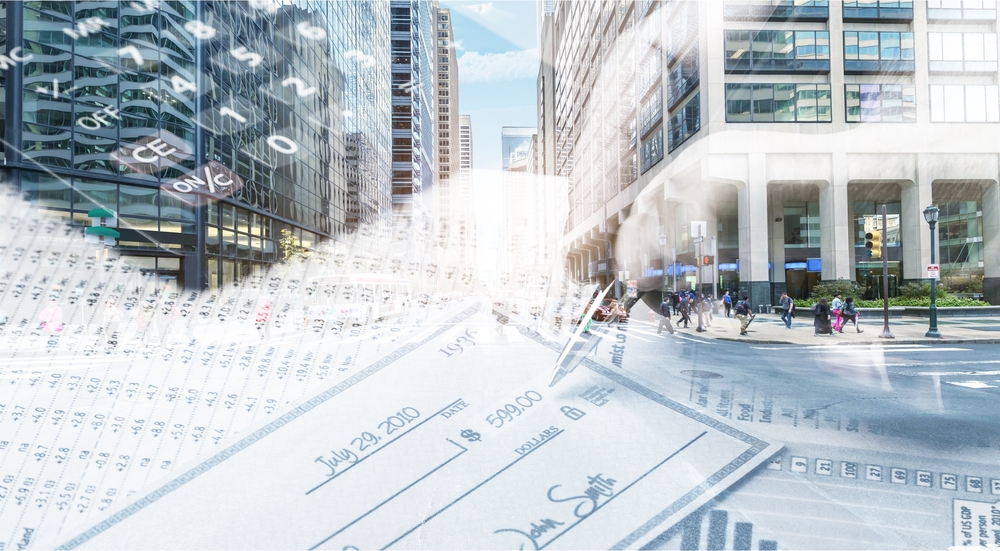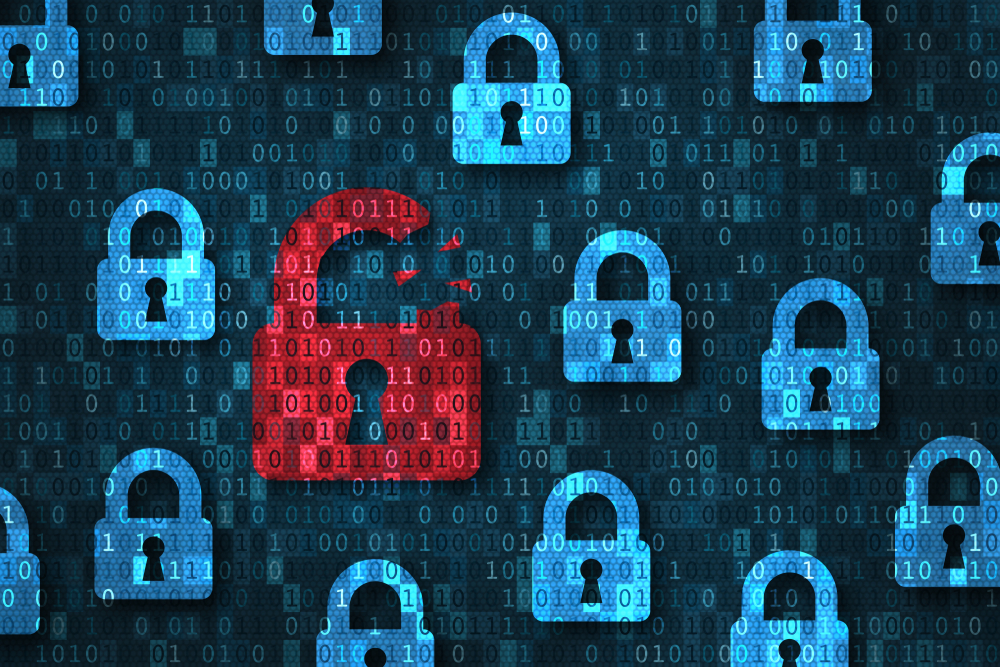Another Publication Attempts to Discredit Checks — Are They to Blame for the Inherent Issues?
- Checks have become a punch line on late night TV
- In spite of their “antiquity,” checks remain popular
- Are "experts" and media the root of inherent issues with check payments?
Evan Sparks, editor-in-chief of the ABA Banking Journal and senior vice president for member communications at the American Bankers Association, poses the question: Is it time to kill the paper check?
He leads with a Saturday Night Live sketch from 2019 called “Cheques,” a mock bank commercial that plays up the scandalous drama of check-writing — “because there’s nothing like furiously scribbling on a piece of paper, tearing it, flicking your wrist and saying ‘I trust this will suffice.’”
“Best of all, checks are easy,” Greys Anatomy actress Sandra Oh, giving a check logistics lesson for unaware youngsters as she taps on a blank check. “Here: his name. Here: how much. Here: the same -- but with letters.”

Mr. Sparks goes on to point out that, for routine transactions, check usage has shrunk to the point that the Federal Reserve’s Survey of Consumer Payment Choice relegates them to a category of “other.” Along with prepaid cards and money orders, "other" accounted for less than 9% of all payments in 2022.
Insecure Payment or Lack of Investment
However, Mr. Sparks points out, despite a decline in overall usage, paper checks are still widely used, with 11.2 billion checks written in 2021. Checks persist, of course, due to their convenience and the float period before they clear -- a routine "cushion" for many businesses and individuals.
At the same time, Mr. Sparks notes, checks are an "inherently insecure form of payment" that have led to a whopping 700% increase in check fraud over the past decade. Furthermore, checks are expensive for banks and businesses, costing $2-$4 to issue and $1-$2 to receive, compared to less than 50 cents for ACH transactions. Even as banks promote solutions like positive pay, secure checks, and encouraging electronic payments to mitigate check fraud, fully eliminating checks is unlikely in the short term – even if they are particularly vulnerable.

“People always thought checks were safe, that putting them in the mail was safe,” notes Luanne Cundiff, president and CEO of First State Bank of St. Charles in St. Charles, Missouri. “That’s not true anymore. They’re not as safe and secure as average Americans once thought.” The presence data on a document that can be altered or “washed” is one reason check fraud continues to skyrocket, says ABA EVP Paul Benda.
So, are checks inherently insecure...or are we succumbing to a narrative pushed by the same industry experts that have influenced financial institutions to put less emphasis on checks as a payment channel?
"Experts" and Media to Blame?
As much as industry "experts" would like to continue to push the narrative that checks are dead or checks need to be eliminated, they have zero control over society’s payment channel preferences. We’ve seen major publications like the Washington Post publish articles with catchy headlines such as "Paper Checks are dead. Cashing is dying. Who still uses them?" Yet, over 10B+ checks are still written each year.

As we noted earlier:
The "decline of checks" is a bit overstated, particularly when it comes to B2B payments. From the most recent 2024 AFP Payments Fraud and Control Survey Report, "Seventy-five percent of survey respondents report that their organizations use checks, and nearly 70% of these organizations do not have plans to discontinue the use of checks over the next two years."
From a personal check perspective, there are still various products and services that are paid by checks, including renting an apartment and home, where, according to JPMorgan, 78% of renters are paying by check.
While the "experts" and major publications are doing their best to create catchy headlines, they continue to mislead. Checks will continue to be a mainstay in the payments industry -- and it’s the choice of businesses and consumers, NOT the “pundits.” The impression that checks are a less secure payment can be traced back to the fact that for 10+ years, financial institutions adopted these narratives and decided not to invest in the latest innovations that effectively automate and secure the payment channel.
Fortunately, over the past few years financial institutions have ignored these headlines and invested in technologies like AI and machine learning to streamline check processing, and also secure the payment channel by detecting more fraudulent checks.